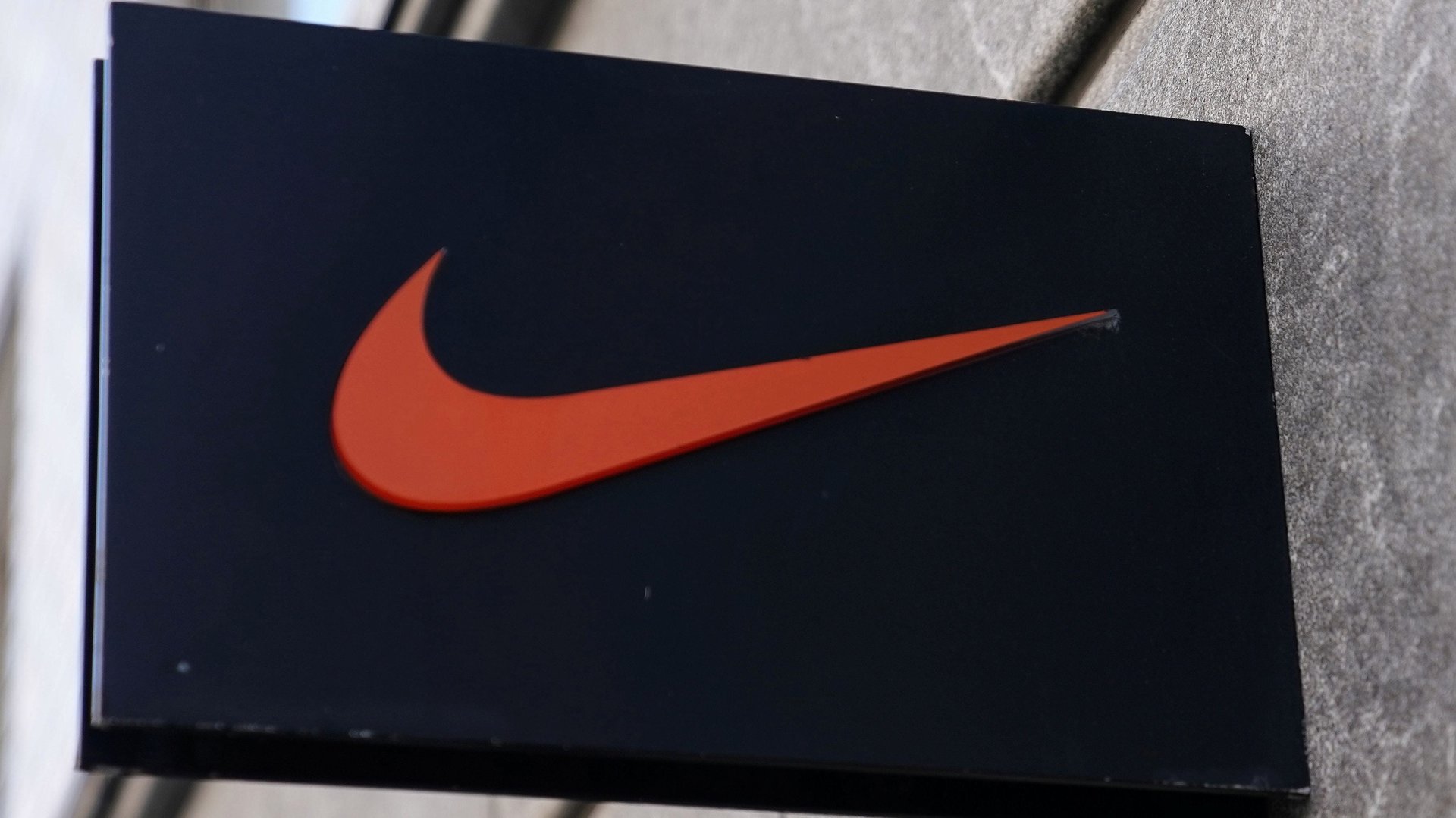Nike is ending its two-year fling with Amazon
Nike’s two-year-old partnership with Amazon to sell sneakers and clothes directly on the site is over.


Nike’s two-year-old partnership with Amazon to sell sneakers and clothes directly on the site is over.
The company offered a limited number of items on the site as part of a pilot it launched in 2017. But as Bloomberg first reported, Nike decided to end the program as it focuses on sales straight to consumers through its website, stores, and various apps. Nike confirmed the news and said in a statement, “As part of Nike’s focus on elevating consumer experiences through more direct, personal relationships, we have made the decision to complete our current pilot with Amazon Retail.”
The strategy, which offers Nike better margins on its sales and allows it more control of its image, has led Nike to cut back on the number of retailers that carry its shoes and clothing. Mostly they’ve been smaller, independent stores and chains Nike felt weren’t adequately differentiating its products from everything else they carried. The company, meanwhile, has maintained strong relationships with vendors such as Foot Locker. Nike said it “will continue to invest in strong, distinctive partnerships for Nike with other retailers and platforms to seamlessly serve our consumers globally.”
The relationship with Amazon was one Nike always approached cautiously. It announced its pilot program to test sales on the site only after years of watching others peddle vast quantities of its products through Amazon’s third-party marketplace. A 2017 survey by Morgan Stanley found Nike to be the most-purchased clothing brand on Amazon, even though Nike wasn’t behind any of those sales itself.
In the past, Nike reportedly raised concerns about these unauthorized sellers, as well as counterfeits on Amazon’s marketplace—an issue that prompted sandal maker Birkenstock to pull its products from Amazon in 2016. According to a source who spoke with the Wall Street Journal at the time of the deal between Nike and Amazon, the companies were in talks for weeks before agreeing Nike would provide some products to Amazon in exchange for Amazon cracking down on sales of fakes and unauthorized Nike listings from third parties. Total listings for Nike products on Amazon subsequently dropped, according to a 2018 analysis by research firms Coresight Research and DataWeave.
But Amazon has also continued to struggle with stemming the flow of counterfeits on its site. Earlier this year, it announced Project Zero, an effort to eliminate fakes from its site using methods such as automated protections and allowing brands to remove counterfeits themselves. But even a quick search on Amazon for Nike’s Air Force 1 sneaker brings up customer complaints about possible fakes.
Nike offered no comment on the issue of counterfeits. We have reached out to Amazon and will update this story with any reply.
Nike said it will continue to use Amazon Web Services “to power a suite of services on Nike.com and within Nike’s ecosystem of apps.”
With its immense reach, Nike may not need Amazon, and its decision may not help Amazon’s efforts to attract other big labels to sell on its site. But Amazon still owns a giant share of US e-commerce. “I don’t think as many brands can be as selective as Nike,” Neil Saunders, an analyst at GlobalData Retail, told Bloomberg.